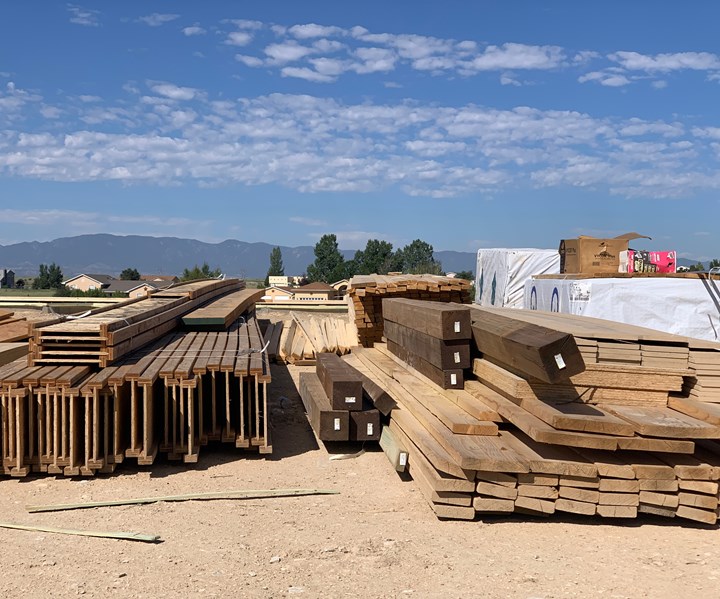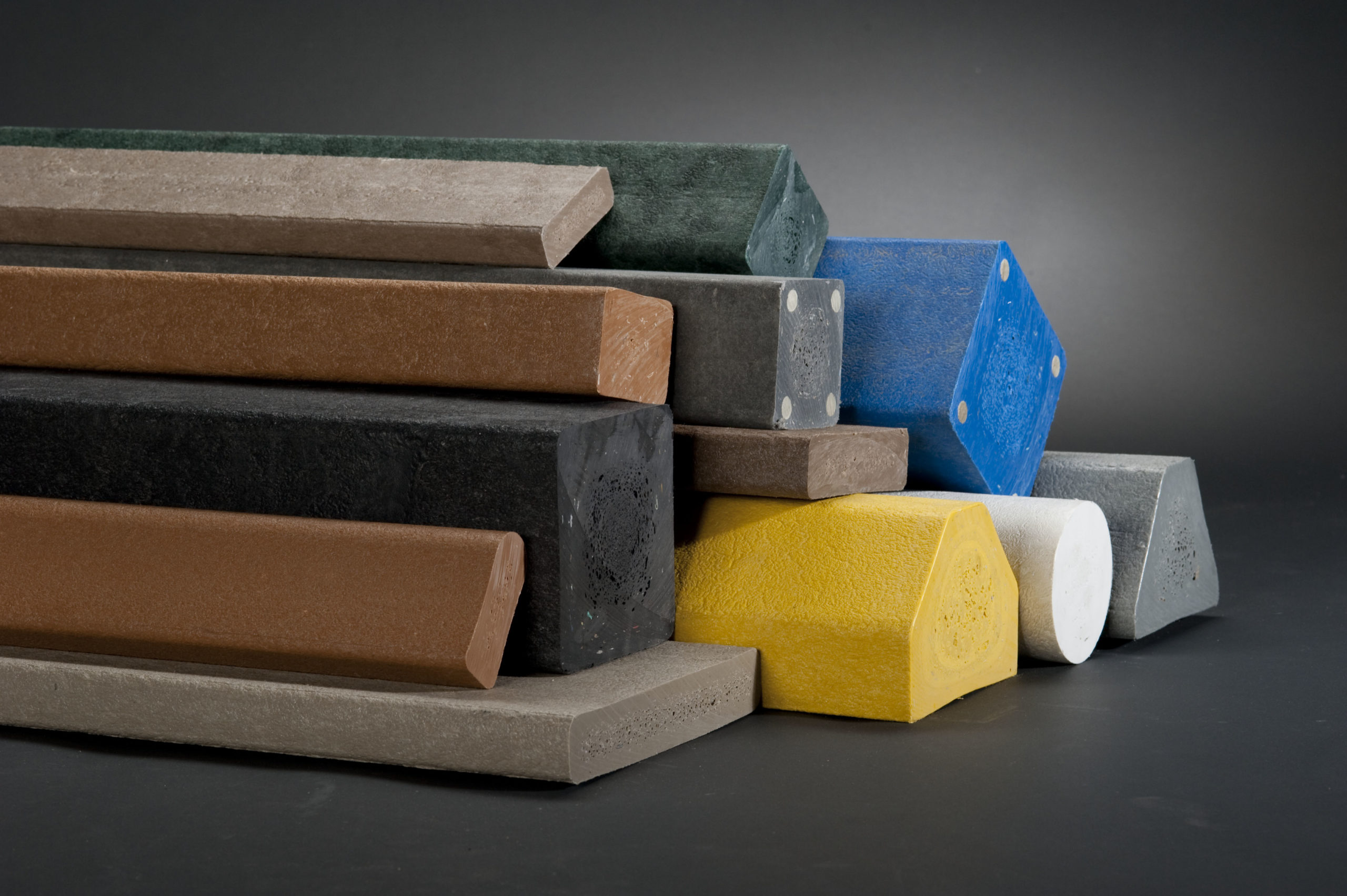Composites: Solid and Resistant Building And Construction Products
Exploring the Uses and Advantages of Recycled Composites in Modern Industries
The combinations of recycled products with innovative composite technologies presents a promising method for boosting sustainability, strength, and cost-efficiency throughout various markets. As markets seek innovative remedies to deal with environmental concerns and enhance operational effectiveness, the unification of recycled compounds emerges as an engaging alternative.
Environmental Benefits of Recycled Composites
The usage of recycled composites in contemporary industries supplies significant environmental advantages, contributing to the reduction of waste and the preservation of natural deposits. By incorporating recycled composites into producing processes, markets can decrease their dependence on virgin materials, consequently minimizing the quantity of waste generated and the power required for removal and production. This change in the direction of utilizing recycled compounds helps in drawing away products from land fills, alleviating the worry on waste monitoring systems, and decreasing greenhouse gas discharges connected with traditional manufacturing methods.
In addition, using recycled compounds advertises the conservation of all-natural sources such as timber, minerals, and water, which are frequently depleted through the removal and processing of basic materials (composites). By expanding the lifespan of products via recycling, sectors can aid protect communities and biodiversity by lowering the need for brand-new resources. In general, the fostering of recycled compounds in modern industries plays a critical duty in advertising sustainability and minimizing the ecological effect of production processes
Enhanced Durability in Item Production
With an emphasis on longevity and toughness, incorporating recycled compounds right into product manufacturing processes boosts toughness and sustainability. By making use of recycled composites, manufacturers can develop items that are not just solid however also immune to use and tear, making them ideal for long-term use in numerous industries. The mix of various materials in recycled composites can typically cause boosted strength and sturdiness contrasted to conventional products, providing a cost-efficient option for creating resilient goods.
Among the vital benefits of using recycled compounds in item production is the capacity to tailor the product residential properties to meet particular longevity demands. By readjusting the composition and production techniques, makers can tailor the recycled compounds to stand up to extreme environmental conditions, heavy tons, or constant usage without jeopardizing on performance. This flexibility in design and manufacturing enables for the development of extremely resilient items that preserve their integrity with time, minimizing the requirement for constant substitutes and inevitably contributing to a more sustainable manufacturing procedure.
Cost-Effectiveness and Economic Advantages
Including recycled compounds into item manufacturing not just boosts durability and sustainability however likewise uses substantial cost-effectiveness and economic benefits. Using recycled compounds can bring about lowered product expenses as recycled products are frequently less expensive than virgin products. In addition, reusing composite products can lower waste disposal expenditures and reduce the need for landfill room, adding to total price financial savings for sectors.

Development and Layout Versatility With Recycled Compounds
Making use of recycled compounds in modern-day markets provides unrivaled chances for innovation and design adaptability. By including recycled products right into composite manufacturing procedures, business can push the boundaries of conventional design restraints and explore new opportunities. The adaptability of recycled composites allows for the production of intricate forms and frameworks that content could not be achievable with standard materials.
One of the crucial benefits of recycled composites is their capacity to be molded into various types, giving designers the liberty to trying out special sizes and shapes. composites. This versatility opens up a globe of innovative opportunities, allowing the growth of lightweight yet resilient items that fulfill the details demands of different industries
Furthermore, the usage of recycled composites promotes lasting methods and sustains the circular economic situation by minimizing waste and decreasing the ecological impact of manufacturing processes. This focus on green style services straightens with the expanding trend towards sustainability in contemporary markets, making recycled composites a useful source for cutting-edge and forward-thinking business.
Applications Across Numerous Industries
Recycled composites discover varied and impactful applications across a variety of sectors as a result of their unique residential or commercial properties and sustainability advantages. In the vehicle market, these materials are progressively made use of for making durable and light-weight elements, improving gas efficiency and decreasing carbon emissions. The aerospace market take advantage of recycled composites in the production of airplane components, where the materials' strength-to-weight ratio is essential for making certain safety and security and performance. In building and construction, these composites are used for producing strong yet green structure products, adding to sustainable framework advancement. The eco-friendly energy sector utilizes recycled compounds in wind generator blades and photovoltaic panels, utilizing their stamina and resistance to rough environmental problems. Furthermore, the aquatic industry uses these materials for producing boat hulls and parts, offering enhanced resilience and rust resistance. The flexibility and sustainability of recycled composites make them beneficial throughout different sectors, driving advancement and environmental stewardship. composites.
Verdict
To conclude, the application of recycled compounds in contemporary markets more tips here offers considerable ecological advantages, boosted my company resilience in product manufacturing, cost-effectiveness, and economic advantages. In addition, making use of recycled composites enables for advancement and design adaptability across numerous markets. On the whole, the fostering of recycled compounds offers a useful and lasting service for satisfying the needs of the industry while also reducing ecological effect.

One of the key advantages of utilizing recycled composites in item manufacturing is the capacity to customize the product residential properties to fulfill particular longevity needs. Using recycled composites can lead to lowered product costs as recycled products are frequently much less expensive than virgin products. The aerospace sector advantages from recycled composites in the manufacturing of aircraft components, where the products' strength-to-weight ratio is essential for ensuring safety and security and performance.